The rapid growth of smart home technology has revolutionized how we live, offering unparalleled convenience and connectivity. However, with this advancement comes the pressing concern of security and privacy. For smart home product manufacturers, ensuring that their devices are safe, secure, and compliant with international standards is paramount. TÜV Rheinland, a globally recognized provider of testing and certification services, plays a crucial role in this domain.
The Importance of Security and Privacy in Smart Homes
Smart homes are equipped with various devices that communicate with each other and the internet. This connectivity, while beneficial, opens up multiple avenues for potential security breaches. Manufacturers must prioritize security to protect user data and maintain trust. TÜV Rheinland’s comprehensive testing and certification programs are designed to address these challenges.
TÜV Rheinland’s Certification Programs
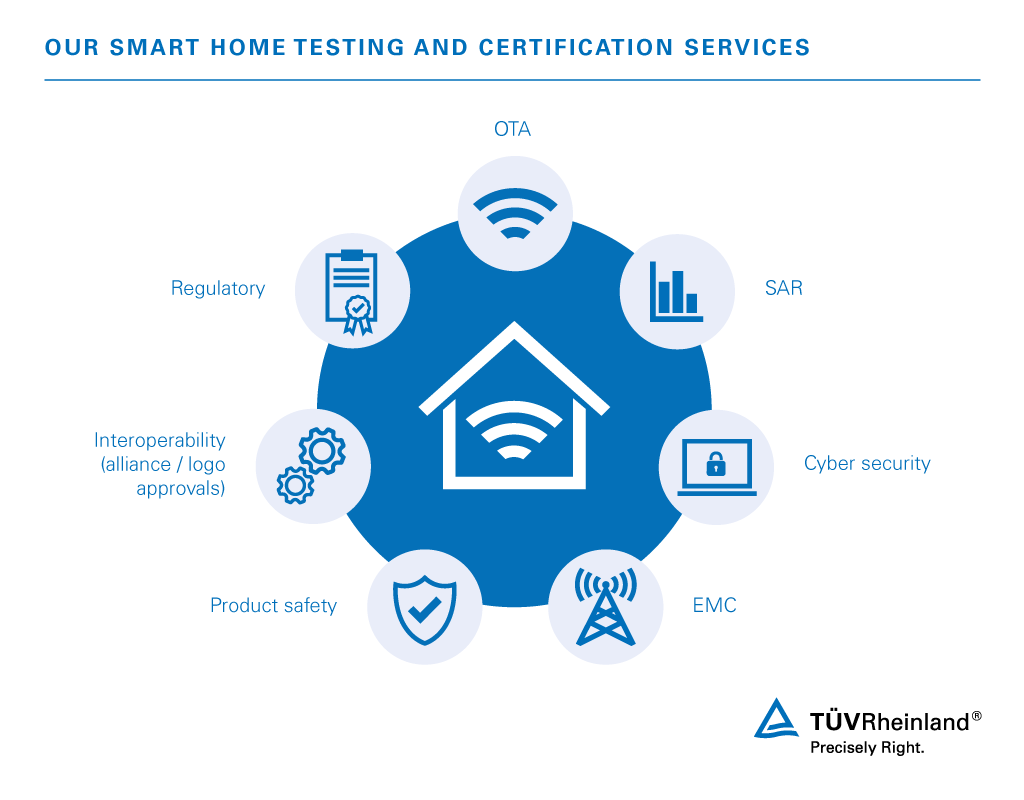
Comprehensive Testing for Smart Home Products
TÜV Rheinland offers a wide range of testing services tailored for smart home products. These tests ensure that devices meet stringent security, privacy, and functionality standards. The testing process involves:
- Security Testing: Evaluating the device’s ability to withstand cyber-attacks and unauthorized access.
- Privacy Assessment: Ensuring that user data is collected, stored, and managed in compliance with global privacy regulations.
- Functionality Testing: Verifying that the device performs its intended functions reliably under various conditions.
Protected Privacy Test Program
A unique offering from TÜV Rheinland is the Protected Privacy test program. This program focuses specifically on the privacy aspects of smart home devices. It assesses how well a product handles user data and ensures compliance with data protection laws such as GDPR. Products that pass this test are awarded the “Protected Privacy” certification, signaling to consumers that their data is secure.
Benefits for Manufacturers
Enhancing Consumer Trust
One of the primary benefits of TÜV Rheinland’s certification is the enhancement of consumer trust. In a market where privacy and security concerns are prevalent, having a TÜV Rheinland certification can be a significant differentiator. It assures consumers that the product they are purchasing has been rigorously tested and meets high-security standards.
Compliance with Global Standards
TÜV Rheinland’s certification programs help manufacturers comply with international standards and regulations. This is particularly important for companies looking to market their products globally. The certifications cover a wide range of standards, including ISO/IEC 27001 for information security management and ISO/IEC 27701 for privacy information management.
Improved Marketability
Products that carry TÜV Rheinland certifications are more marketable. Retailers and consumers alike prefer products that have been independently verified for security and privacy. This can lead to increased sales and market share for certified products.
Case Studies and Success Stories
Leading the Way in Smart Home Security
Several leading smart home product manufacturers have already benefited from TÜV Rheinland’s certification programs. For example, a well-known smart lock manufacturer saw a significant increase in consumer trust and sales after obtaining the TÜV Rheinland certification. Their product was lauded for its robust security features and compliance with privacy regulations.
Real-World Impact
Another case involved a smart thermostat company that faced challenges in meeting GDPR compliance. By partnering with TÜV Rheinland, they were able to identify and address privacy issues, ultimately earning the “Protected Privacy” certification. This not only ensured compliance but also enhanced their reputation in the market.
The Certification Process
Step-by-Step Guide
The certification process with TÜV Rheinland is thorough and systematic. It involves several key steps:
- Initial Assessment: Evaluating the product’s design and identifying potential security and privacy risks.
- Testing Phase: Conducting a series of rigorous tests to assess the product’s security, privacy, and functionality.
- Evaluation: Analyzing the test results and identifying areas for improvement.
- Certification: Awarding the certification if the product meets all necessary criteria.
- Ongoing Surveillance: Periodically re-evaluating the product to ensure continued compliance with standards.
- Entry into Certipedia Database

Support and Guidance
TÜV Rheinland provides extensive support throughout the certification process. This includes pre-assessment consultations, detailed feedback on test results, and guidance on improving product security and privacy. Their expertise helps manufacturers navigate complex regulatory landscapes and achieve certification efficiently.
Future Trends in Smart Home Security
Emerging Technologies
As smart home technology evolves, so do the security challenges. Emerging technologies such as AI and machine learning are being integrated into smart home devices, creating new opportunities and risks. TÜV Rheinland is at the forefront of these developments, continually updating their testing methodologies to address new threats.
Increased Regulation
Regulatory bodies worldwide are increasingly focusing on the security and privacy of smart home devices. Manufacturers must stay ahead of these regulations to avoid penalties and ensure their products remain marketable. TÜV Rheinland’s certification programs help manufacturers stay compliant with evolving standards.
In the fast-paced world of smart home technology, security and privacy are critical concerns. TÜV Rheinland’s comprehensive testing and certification programs provide smart home product manufacturers with the tools they need to ensure their devices are secure, compliant, and trustworthy. By obtaining TÜV Rheinland certification, manufacturers can enhance consumer trust, comply with global standards, and improve their marketability.
Smart home product manufacturers must prioritize security and privacy to stay competitive. TÜV Rheinland’s certification programs offer a robust solution, helping companies navigate the complexities of regulatory compliance and consumer expectations. In an industry where trust is paramount, TÜV Rheinland’s certifications provide a significant advantage.
For more information on TÜV Rheinland’s smart home testing and certification programs, visit their official page.


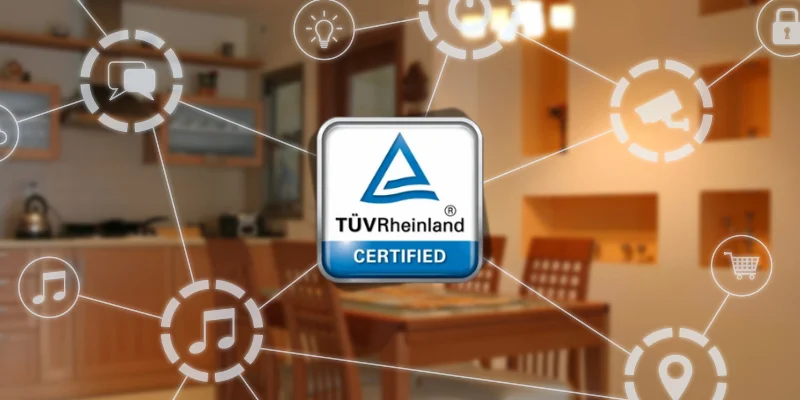

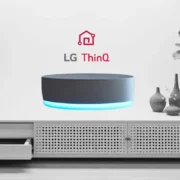

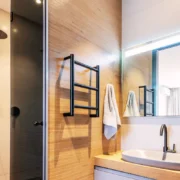
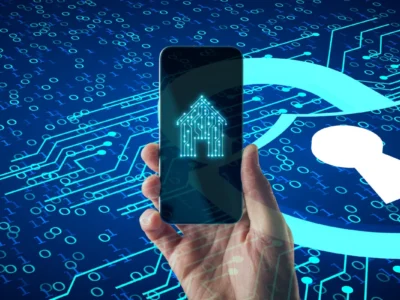

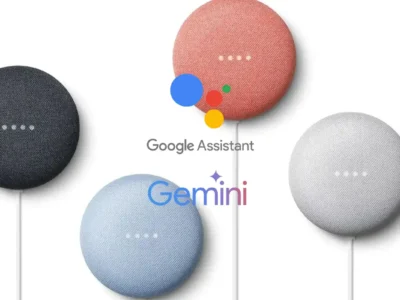
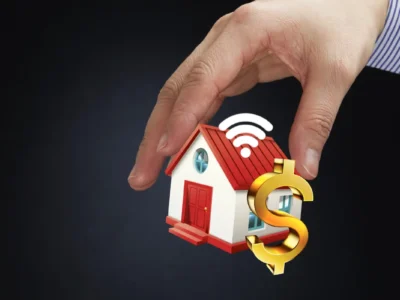

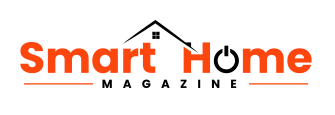
Comments